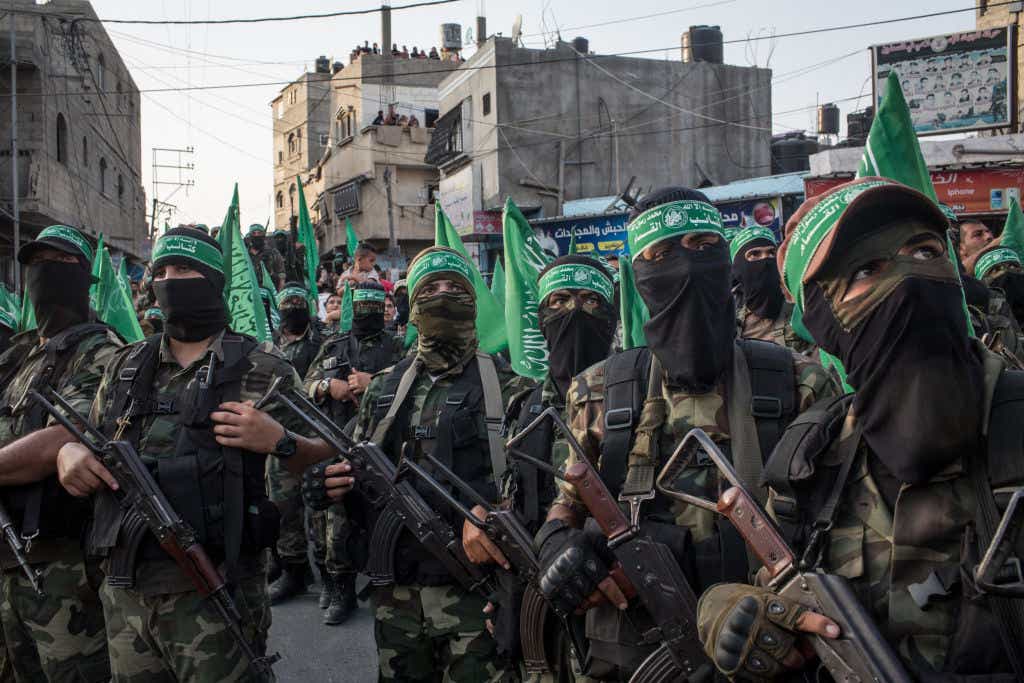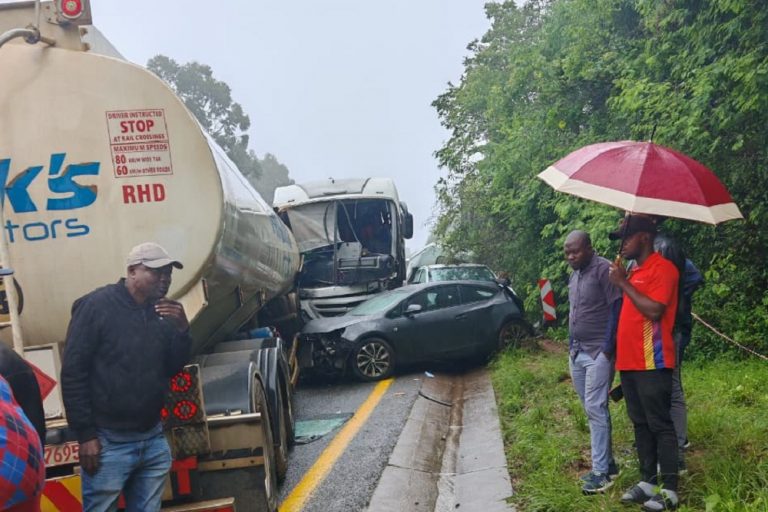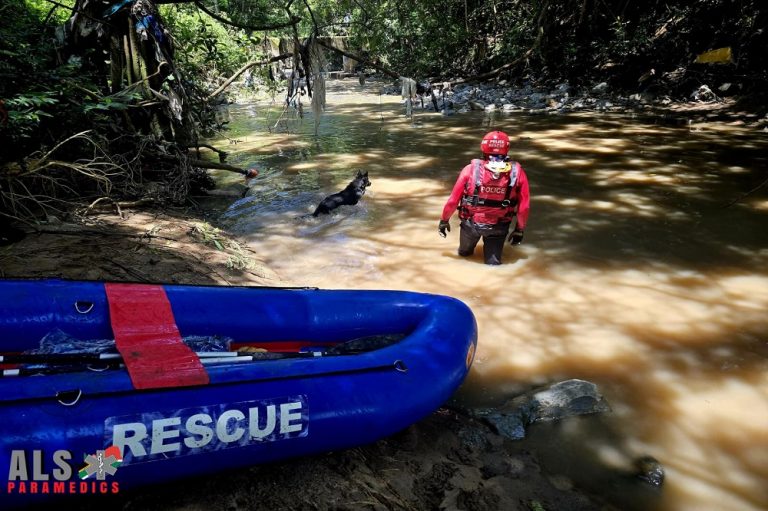
As ceasefire talks falter, Hamas denies claims it is ready to disarm, insisting armed resistance will continue until full statehood is achieved. Image: Katie Couric Media.
(The Post News)– Hamas dismissed suggestions it indicated readiness to disarm during ongoing ceasefire negotiations with Israel, proclaiming its armed struggle a “national and legal” right of resistance against ongoing Israeli occupation. The statement came Saturday in response to reported remarks by U.S. President Donald Trump’s Middle East envoy, Steve Witkoff.
The Palestinian delegation was reacting to a Haaretz story on the basis of an audio recording of Witkoff’s recent meeting in Tel Aviv with the families of Israeli hostages who are being detained in Gaza. The U.S. envoy, the Israeli news website reported, had claimed that “Hamas was prepared to be demilitarized,” something that Hamas categorically denied.
As long as the occupation continues, Hamas claims that the resistance and its weapons are a national and constitutional right. Hamas added that the right will not be ceded until all national rights are reinstated, including the establishment of an independent Palestinian state with Jerusalem as its capital.
The US, UK, and European Union-listed Palestinian group Hamas reiterated yesterday that it is impossible for it to disarm unless the demand for statehood is met, a stance in direct conflict with one of Israel’s key requirements for any ultimate ceasefire agreement. Witkoff’s reported comments surfaced as Israel-Hamas indirect talks falter. Mediated by international and regional actors, the talks aim to realize a ceasefire and win the freedom of Israeli hostages. But no deal has been reached, with parties fighting over humanitarian matters and competing political agendas.
The disarmament case also overlaps with increasing worldwide pressure towards Palestinian state recognition. France and Canada recently declared they would recognize the Palestinian state, while the UK also declared it will do the same by September if Israel does not fulfill some conditions, including stopping its Gaza military campaign.
In a United Nations session in New York this week, the UK joined 17 nations, the EU, and the Arab League to endorse a seven-page plan for reviving the two-state solution. The plan called for Hamas to relinquish Gaza authority and disarm, transferring power to the Palestinian Authority “with international support.”
Witkoff’s trip is arriving at a time of growing pressure on the Israeli government of Prime Minister Benjamin Netanyahu regarding the Gaza humanitarian crisis. On Friday, the American diplomat toured a controversial aid distribution center in southern Gaza run by the Gaza Humanitarian Foundation (GHF), which is backed by both the U.S. and Israeli governments.
Hamas has labeled Witkoff’s visit as a “staged show,” accusing the U.S. of attempting to divert outrage abroad over what UN officials term “man-made mass starvation.” UN figures indicate at least 1,373 Palestinians have been shot dead trying to access food since late May—overwhelmingly at or near centers run by GHF. Israel denies responsibility for the killings, blaming Hamas instead for inciting chaos and maintaining that its forces only attack civilians by mistake. Washington, though, has remained a strong supporter of GHF. In June, the Trump administration authorized $30 million in funding for the group despite growing criticism of its activities and civilian death toll.
Saturday saw a video from Hamas, which was said to include Israeli hostage Evyatar David, who was naked-chested and clearly emaciated, inside what appeared to be a tunnel. His family accused Hamas of using starvation as psychological warfare and called on both Israel and the U.S. to act immediately. Israeli Defense Forces (IDF) Chief of Staff Lt. Gen. Eyal Zamir warned on Friday that Gaza military operations would not stop unless interrupted if negotiations regarding the hostages release collapse.
The war, now in its second year, began after a Hamas invasion of southern Israel on October 7, 2023, killed around 1,200 and took 251 hostages. The move was preceded by an extended Israeli military incursion in Gaza that to this day has taken over 60,000 lives, according to the Hamas-controlled health ministry. The same ministry reports that a minimum of 169 people, including 93 children, have died from starvation or malnutrition since the fighting escalated.
As ceasefire negotiations are in limbo and the humanitarian price mounts, the future is uncertain. Hamas continues to affirm that disarmament can only be achieved after statehood and sovereignty, while Israel maintains the group must disarm as a condition for peace. While Witkoff, speaking to hostage families in Tel Aviv, swore that peacemaking efforts must center on terminating the war and releasing hostages and not only partial or symbolic ones. His remarks, however, have provoked biting responses from both parties, dealing with the complexities of balancing diplomacy, human aid, and fixed political demands.
With September looming and with the self-imposed deadline of France, Canada, and the UK to recognize a Palestinian state, the coming weeks might make or break whether the long-dormant two-state solution gets revived, or Gaza keeps heading towards humanitarian catastrophe and political deadlock.



